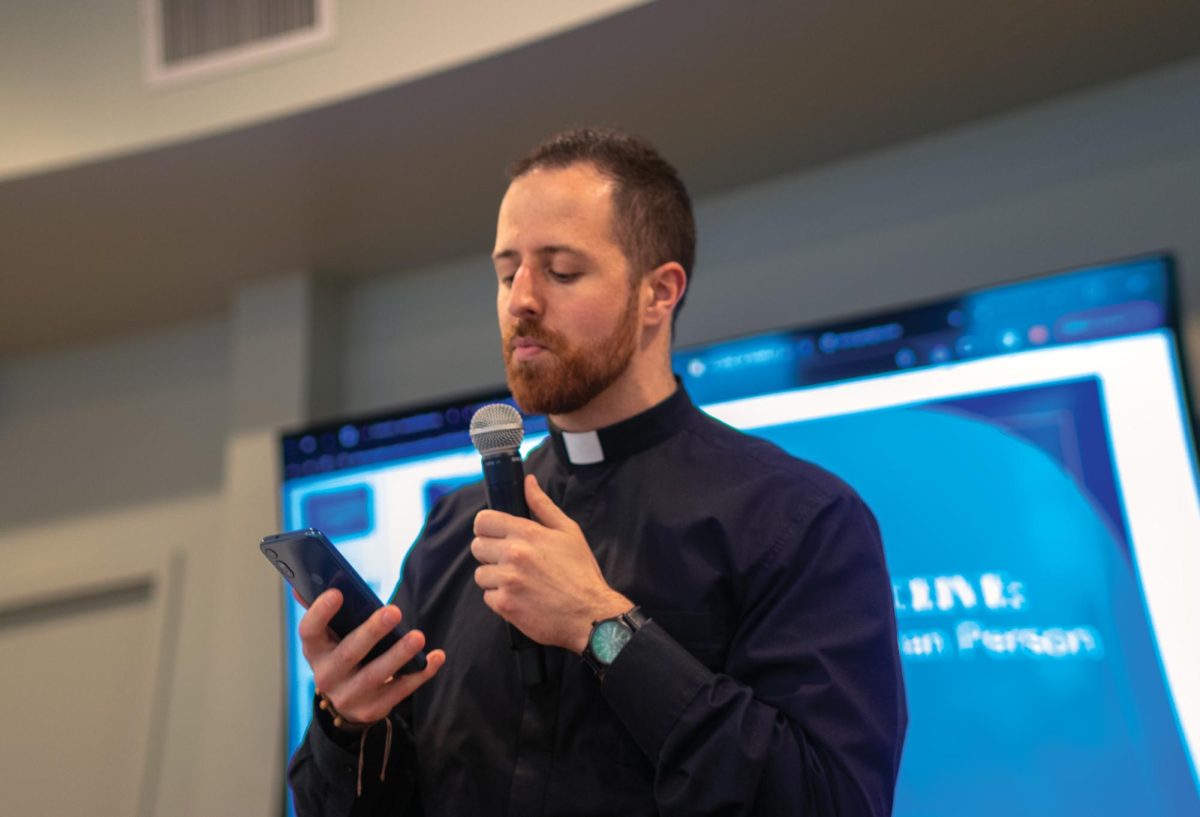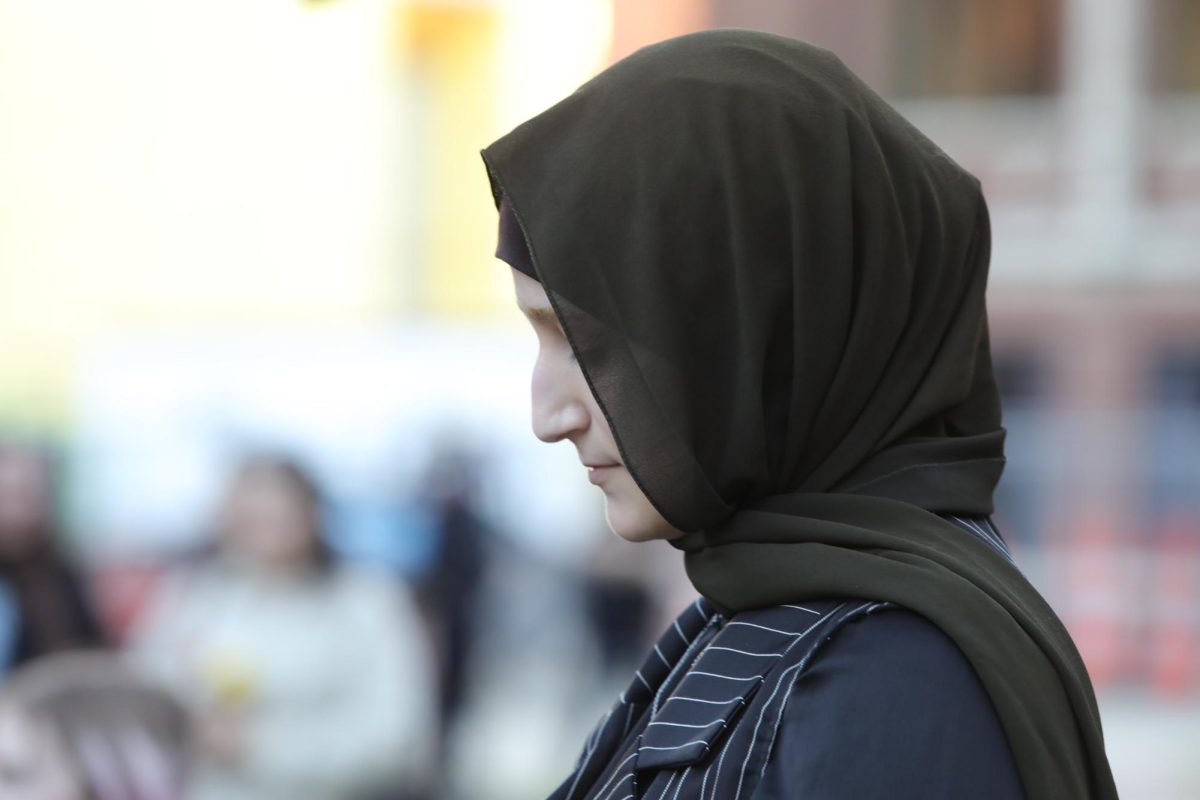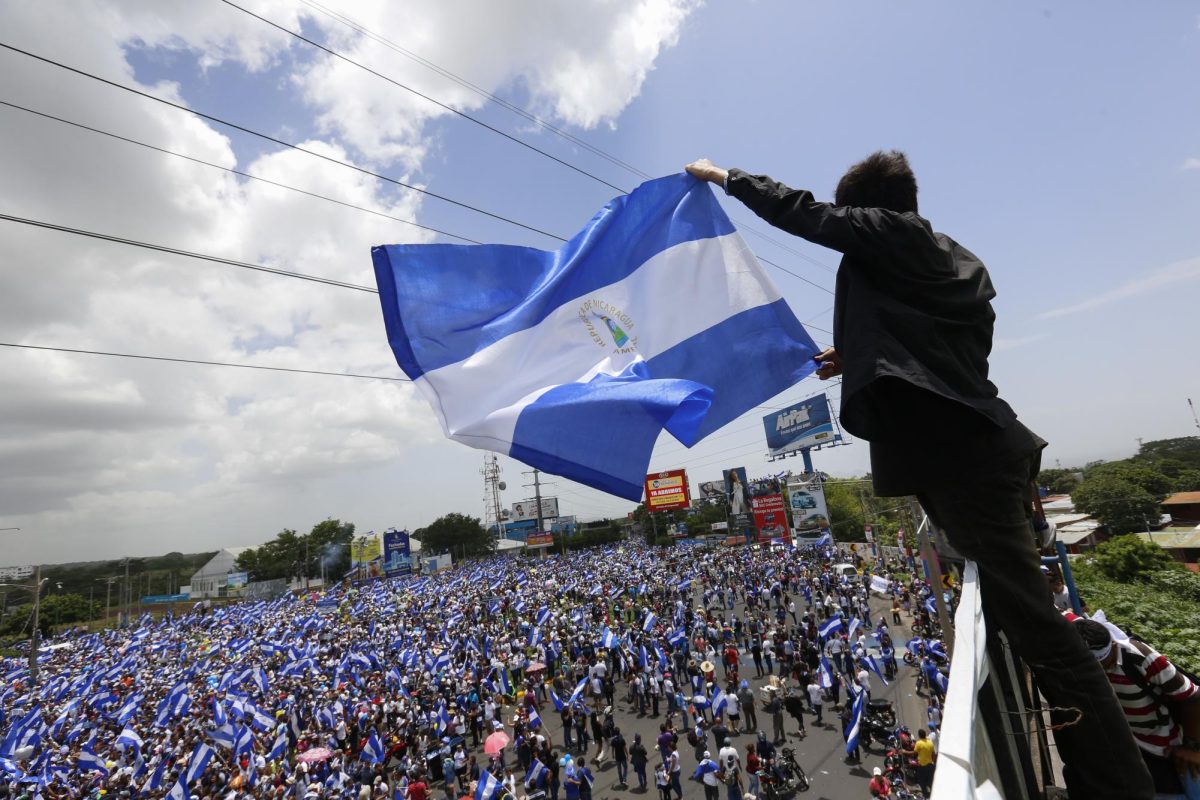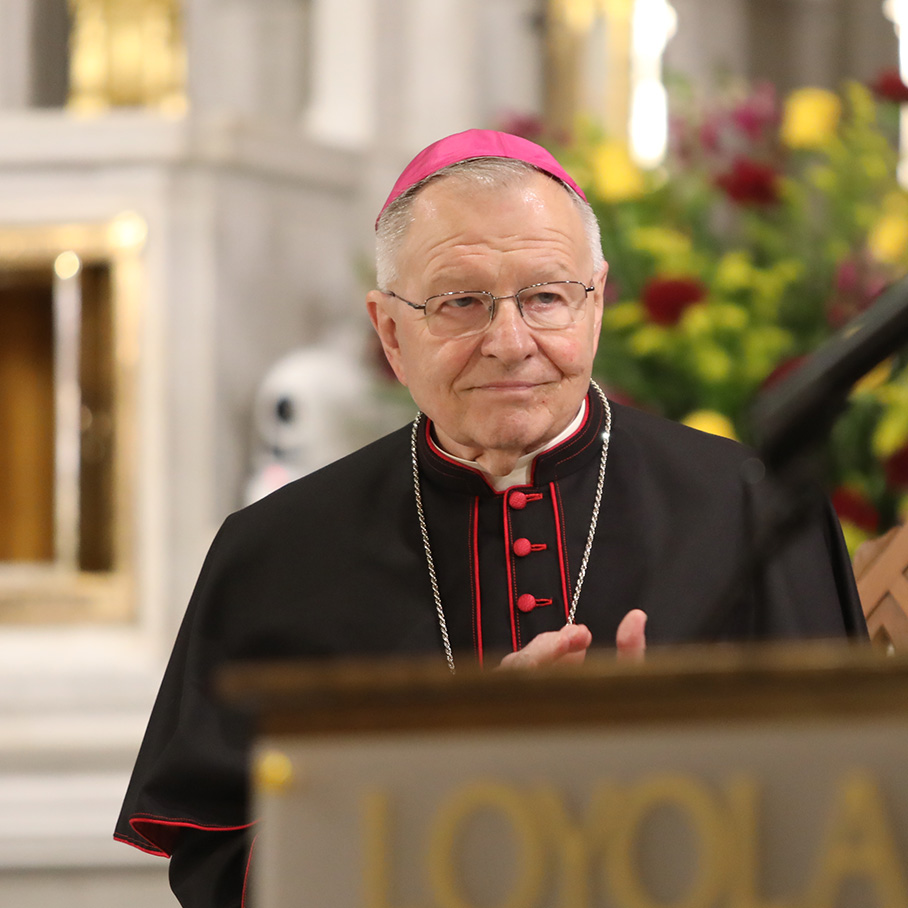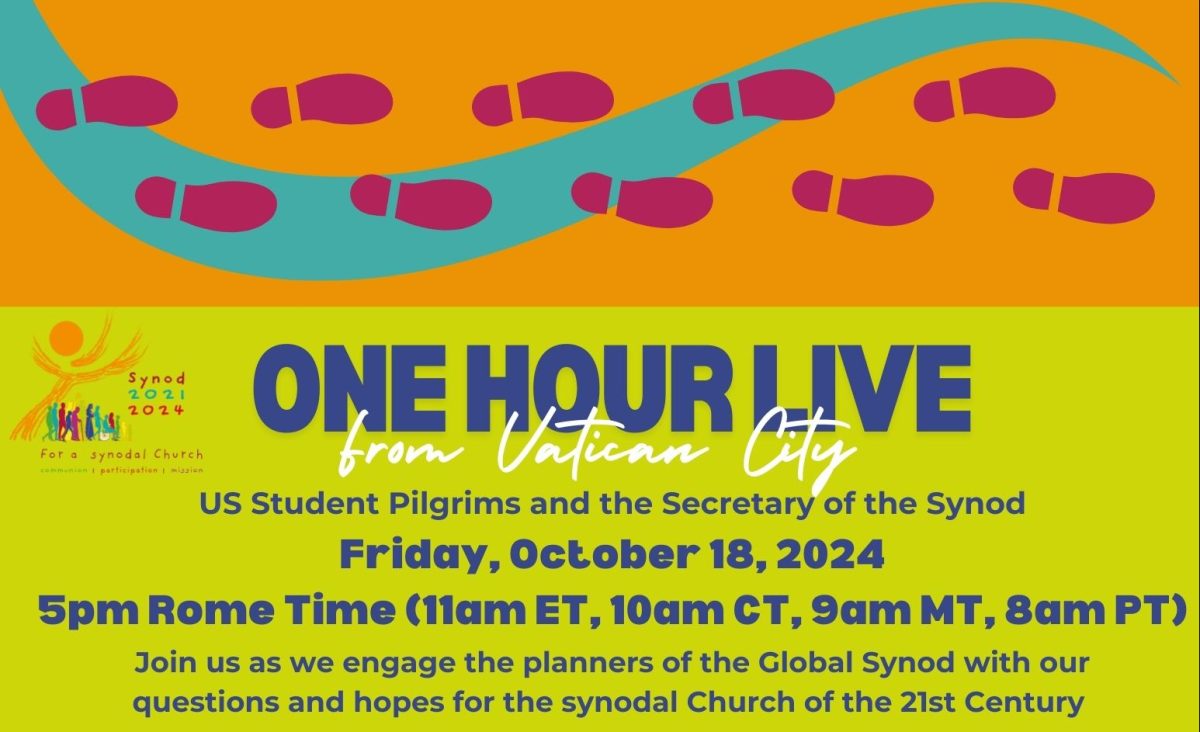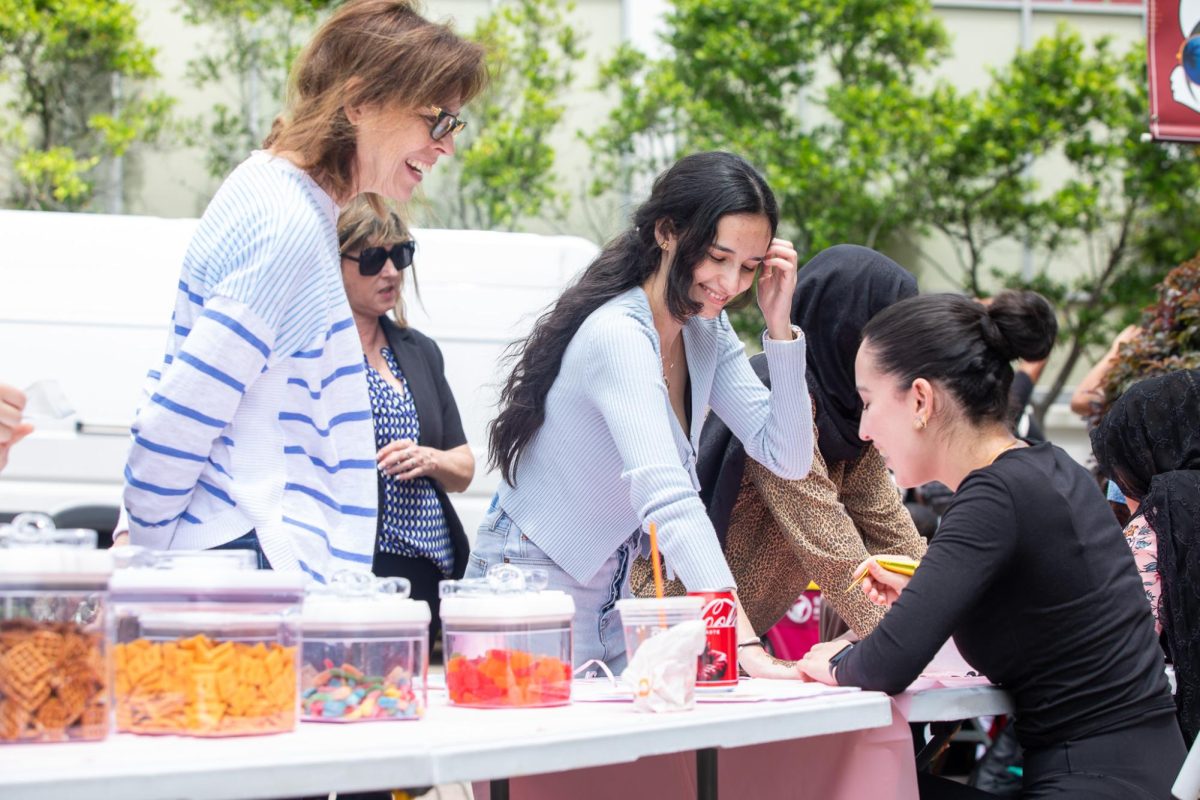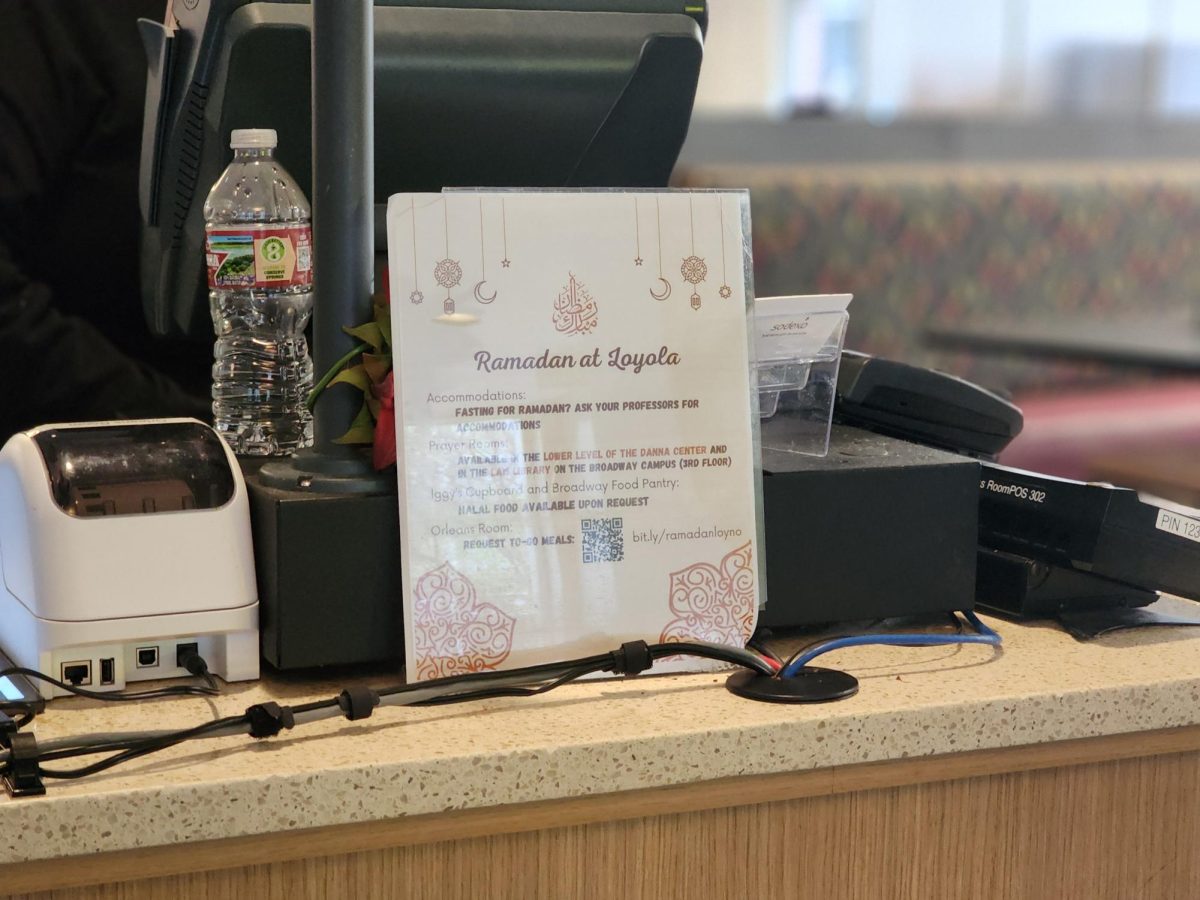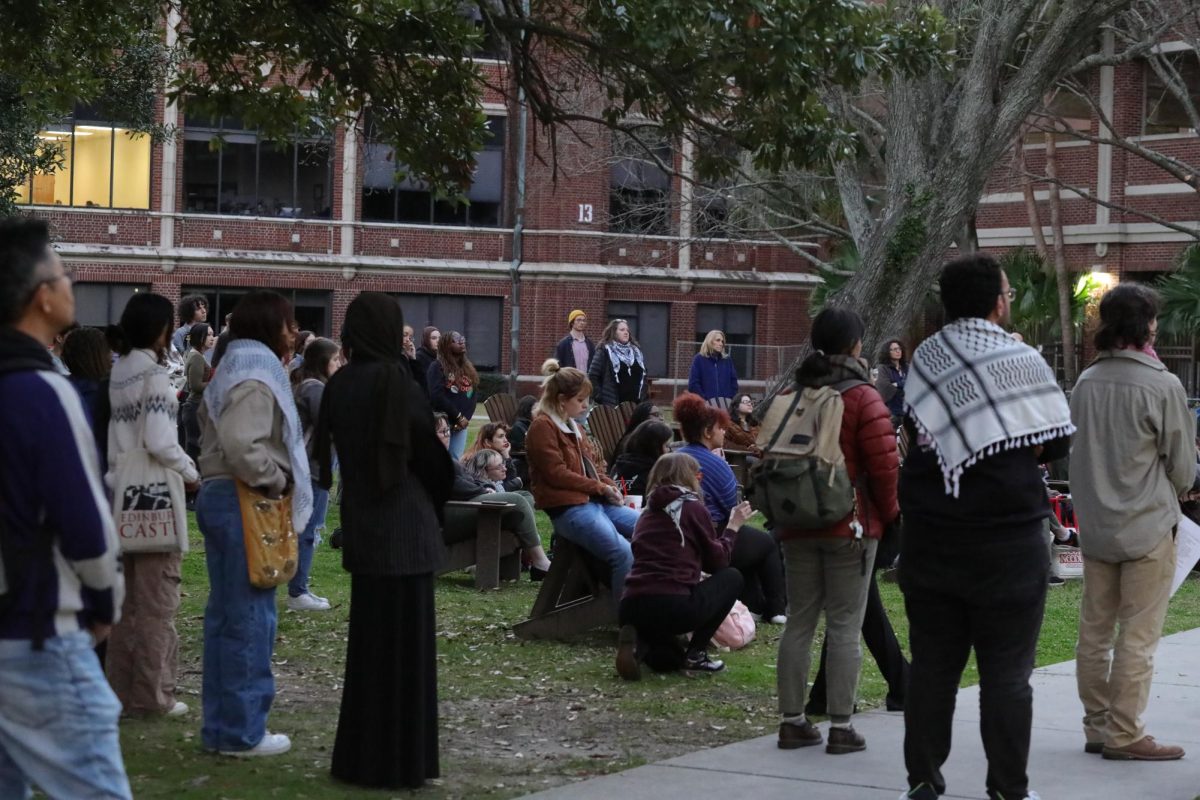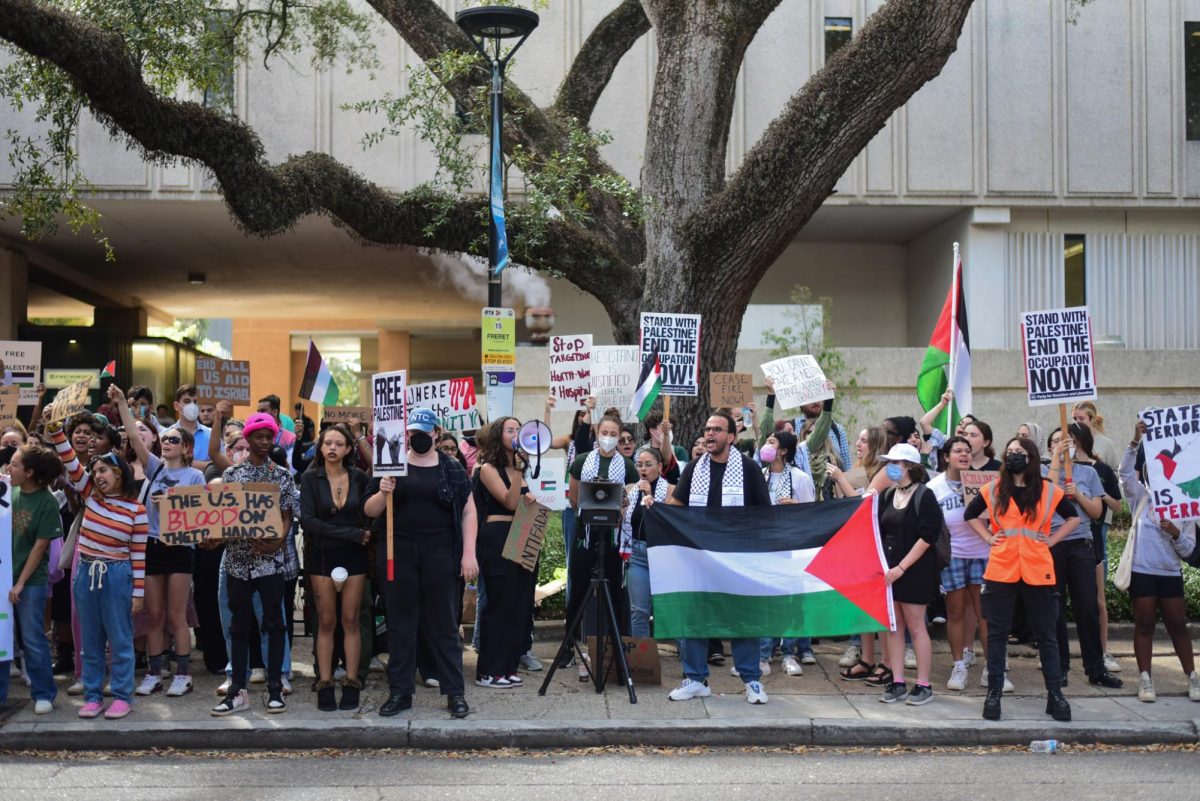Students looking for diverse religious life on Loyola’s campus should be encouraged as interfaith ministry is on the rise.
Kurt Bindewald, director of Mission and Ministry, describes the interfaith community at Loyola as “really good.” He said that the university’s interfaith ministry is able to provide more resources to students seeking spiritual knowledge from non-Catholic religions. Where most of interfaith used to be about information on other faiths, Loyola now has ministers with whom students can meet.
While Mission and Ministry is working to improve its interfaith program to accommodate students’ faith-based needs, the program also appeals to Loyola’s Jesuit interests. Bindewald said that the Jesuits stress interfaith outreach in the community.
“It’s important because it’s part of our Ignatian mission,” Bindewald said.
However, Ignatian duty is not Loyola’s only reason for enhancing interfaith dialogue. Loyola also has a large non-Catholic demographic. Bindewald says that Loyola’s latest figures from November 2011 show 40 percent of students identifying as Catholic, though this may be low due to students not answering with any specific religion.
Such diversity is present in other Loyola organizations as well. Samantha Montano, psychology senior and chairwoman of Loyola University Community Action Program., said that students of all faiths participate in Loyola’s community engagement organization. However, Montano said that LUCAP volunteers do not identify each other based on religion.
“It’s kind of not even something we think about,” she said.
Aside from providing ministers and information for interfaith outreach, Mission and Ministry also hosts interfaith events throughout the year. Mission and Ministry’s website lists events such as an interfaith service to celebrate the new year, a Ramadan dinner and an upcoming Seder meal in April.
Loyola aims to continue improving interfaith dialogue to give students more opportunities to learn about different religions. Bindewald is impressed by Loyola’s religious outreach.
“It’s unique for a lot of faith-based universities,” he said.
Karl Gommel can be reached at [email protected]




